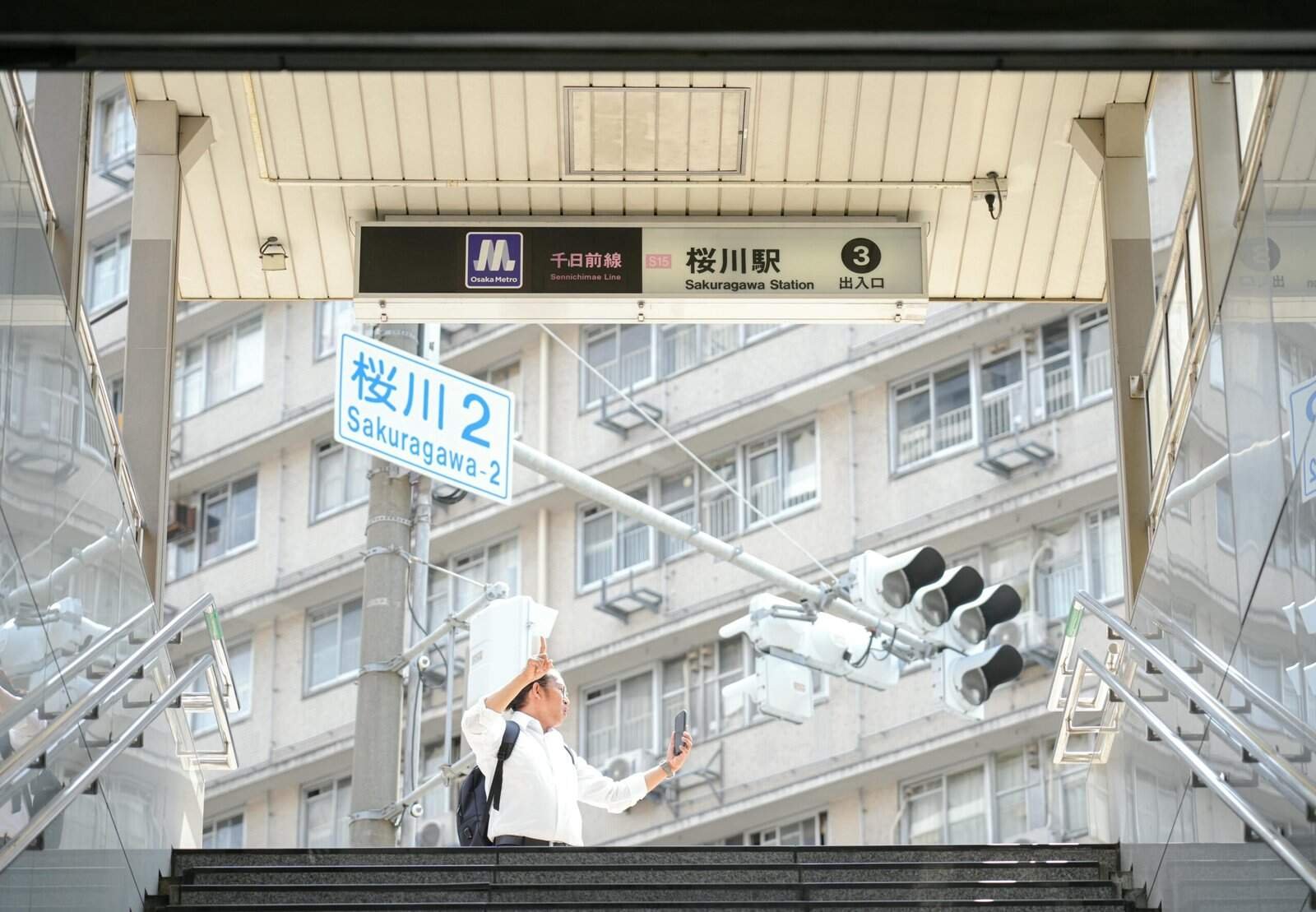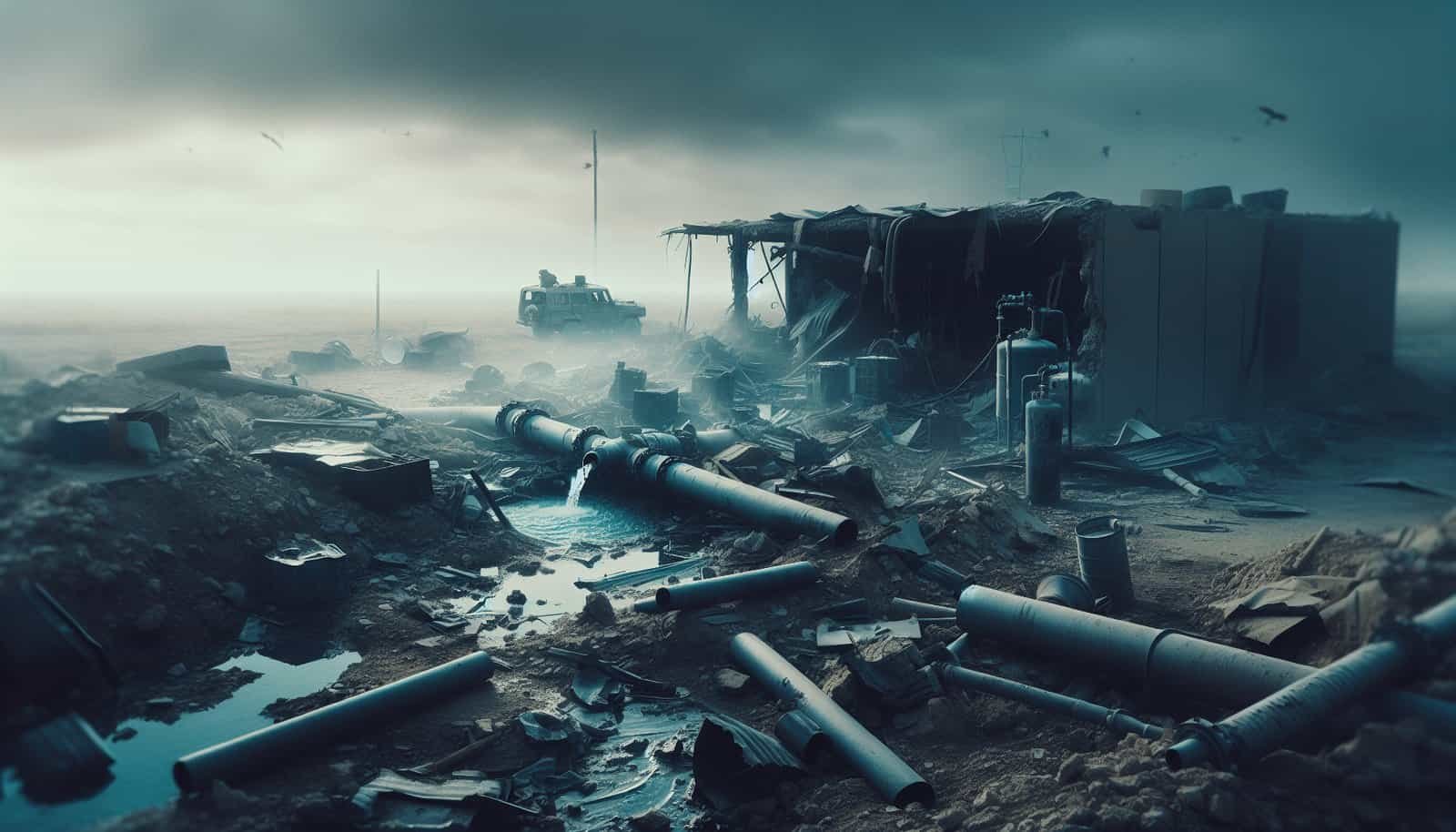Have you ever considered how essential clean water is to our daily lives and the intricate systems required to maintain its availability? Recent events have brought this into sharp focus, especially with the news surrounding “Israel airstrike bombs major water line, sewage station and water wells in Gaza.” This incident has raised pressing concerns about the impact on local communities, accessibility to clean water, and the broader implications for public health and livelihood.
The Importance of Water Infrastructure
Water infrastructure is crucial for delivering safe, clean, and accessible water to communities. It comprises a network of water lines, sewage systems, and water wells. These components work together to ensure that water is collected, treated, and distributed efficiently.
Water Lines
Water lines are the arteries of the water distribution network. They transport water from sources such as reservoirs, rivers, or underground wells to households, industries, and agricultural fields. When these lines are damaged, it can lead to significant disruptions in water supply, affecting daily activities and essential services.
Sewage Stations
Sewage stations are vital for managing waste water. They treat sewage before it is discharged back into the environment, preventing pollution and safeguarding public health. Damage to sewage stations can lead to untreated water contaminating the environment, posing serious health risks.
Water Wells
Water wells are essential for accessing groundwater, a critical resource for many communities, especially those in arid regions. Wells provide a reliable water source during dry periods and are integral to agricultural and domestic water supplies.

The Situation in Gaza
The recent airstrikes in Gaza targeted key components of the region’s water infrastructure. This has exacerbated existing challenges in water availability and quality.
Damage Assessment
The airstrikes severely impacted a major water line, a sewage station, and several water wells in Gaza. The destruction has cut off a significant portion of the population from their main water supply, leaving many without access to clean water.
Impact on Communities
The damage has left communities in a dire situation, struggling with limited water for drinking, cooking, and hygiene purposes. The destruction of the sewage station has further compounded health risks, with untreated waste possibly contaminating local water sources and the environment.

Broader Consequences
The destruction of water infrastructure has significant short and long-term implications for public health, the economy, and social stability in the region.
Public Health
Without access to clean water, the risk of disease transmission increases. Waterborne diseases could spread rapidly, leading to outbreaks that strain healthcare systems already under pressure.
Economic Impact
The disruption of water services affects various sectors, notably agriculture and industry, which rely heavily on a steady water supply. The resultant economic losses can be devastating, increasing poverty levels and reducing economic growth.
Social Stability
Water scarcity often leads to social unrest, as communities compete for diminishing resources. In regions like Gaza, already facing numerous challenges, additional stressors can destabilize societal structures and exacerbate tensions.

The Global Perspective
While the situation in Gaza is severe, it highlights a broader global issue: the vulnerability of water infrastructure to conflict and its critical importance in any stability equation.
Water as a Resource and a Target
Throughout history, water resources have been both a cause and target of conflict. As populations grow and climate change impacts water availability, the strategic importance of water continues to increase. Ensuring its protection and sustainable management is vital for global peace and security.
The Role of International Aid
International organizations and governments can play a crucial role in addressing such crises. Providing aid, facilitating diplomatic solutions, and investing in resilient and sustainable water infrastructure are imperative steps to prevent further humanitarian crises.
Lessons for Future Infrastructure Planning
The events in Gaza underline the need for robust, flexible, and resilient infrastructure systems. Planners and policymakers must consider potential conflict and other crises in their designs to safeguard essential services.

Efforts to Rebuild and Support
In the aftermath of such destruction, efforts to rebuild and restore are paramount. Collaboration between local authorities, international bodies, and non-governmental organizations is essential to address immediate needs and ensure future resilience.
Immediate Relief Measures
Immediate actions involve providing emergency water supplies and repairing the most critical components of the damaged infrastructure. This may include temporary solutions like water tankers or emergency well drilling.
Long-term Reconstruction
Long-term efforts focus on rebuilding infrastructure to higher standards of resilience and sustainability. Incorporating advanced technology and renewable energy sources can help create systems that are less vulnerable to future conflicts and environmental challenges.
Community Engagement
Engaging local communities in reconstruction and maintenance efforts is critical. Empowering people through education, training, and ownership can lead to more sustainable and effective water management practices.

Conclusion
The destruction of crucial water infrastructure in Gaza is a stark reminder of the fundamental role that water plays in all aspects of life and the consequences of its disruption. Understanding and valuing our water systems is essential, not just in one region, but worldwide. Supporting sustainable practices and resilience in water infrastructure can help protect communities from similar crises, and ensuring equitable access to this essential resource is a responsibility that rests with us all.
